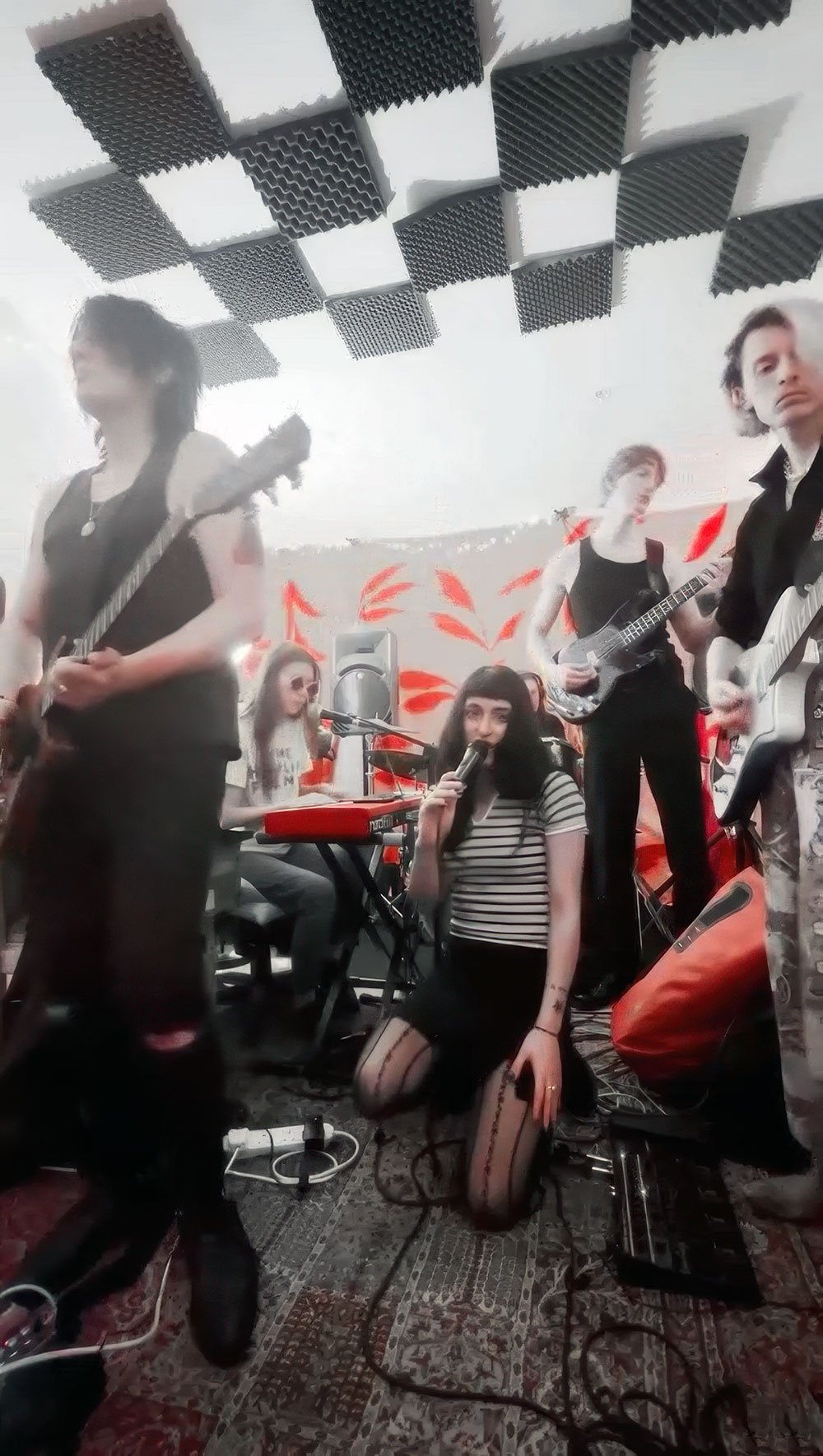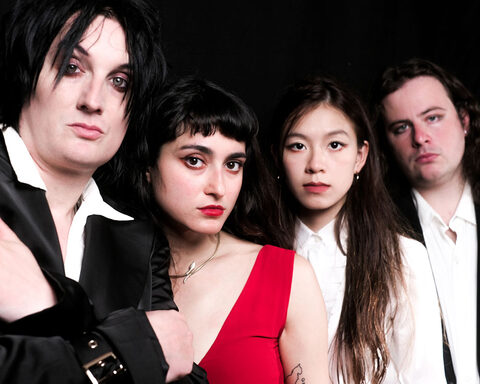
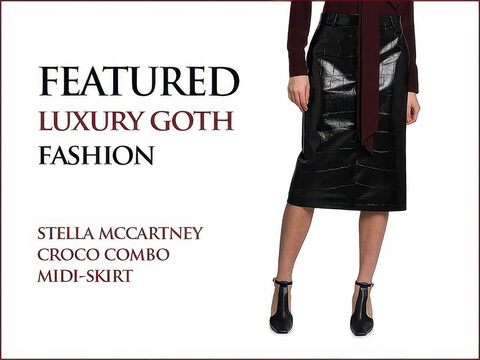
If gothic punk had a fever dream, it might sound like Black Bordello. This London-based ensemble conjures a heady blend of art-rock, jazz, grunge, and mythic introspection. Founded by Sienna Bordello, whose operatic range and alchemical lyricism remain the band’s blazing heart, Black Bordello has evolved into a richly collaborative project. While the full lineup includes other musicians essential to the band’s signature sound and live presence, this interview features vocalist-guitarist Sienna, drummer Daniel Gowers, and guitarist Jerome Alexandré, offering a glimpse into the inner architecture of their creative process—touching on grief, transcendence, and making noise for the liminal spaces.
Daniel: The songs are all uniquely Sienna’s - when she brings us something, though it is often sonically barebones, she has a complete vision for it in her head. In rehearsal, the band collaborate to provide each other with references for the different sections in each track, giving us an extremely broad and varied frame of musical experience to draw from, often spotlighting a different member or style from section to section. For example, on a recent new song she wrote, she gave me a crazy Dave Brubeck groove in 11:4 as a reference for one part, while I suggested a late-era Nine Inch Nails song as an idea for the chorus. We forge our unique sound through combining musical styles that some may think to be disparate, in a manner I can only describe as being methodical by accident.
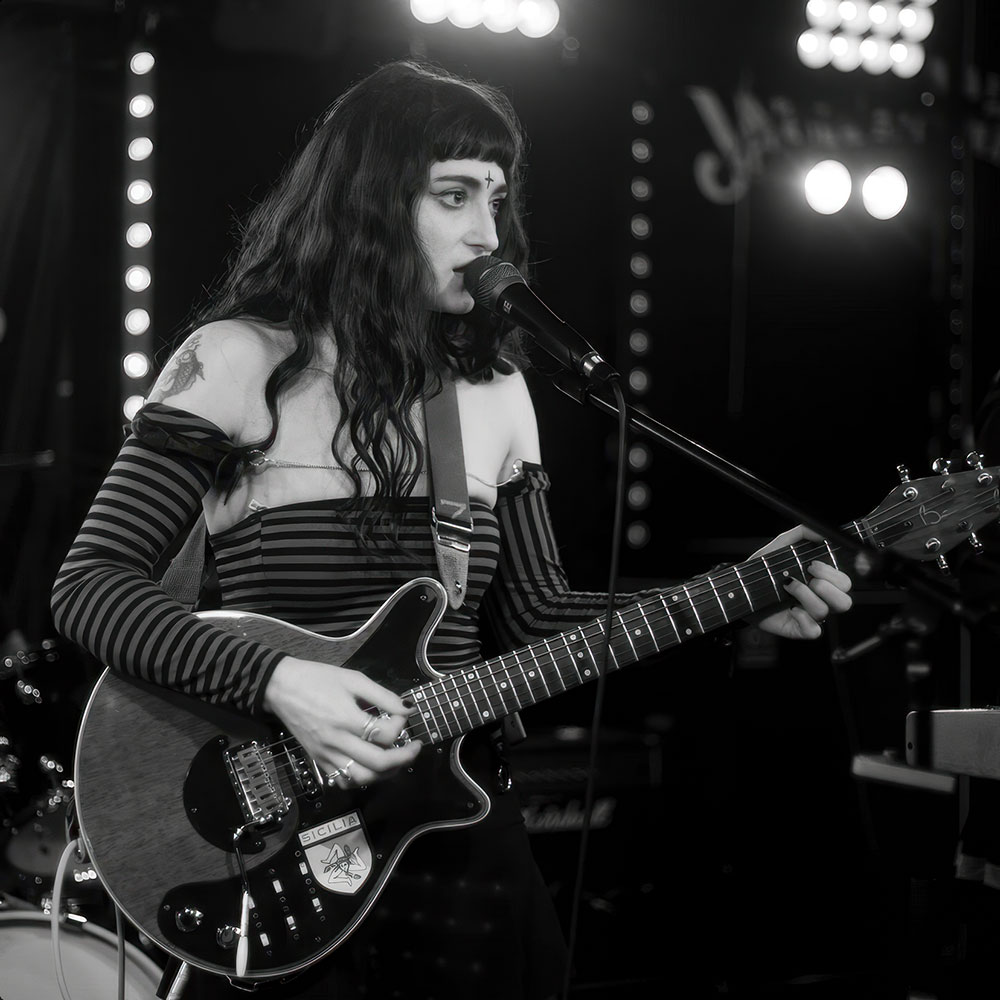
Sienna: Having gone to a faith school as a child, the only chance I got to sing was if I partook in various religious activities. I ended up a choral/classical singer and though I did not believe in the traditional organised religion that was being shoved down my throat, music was welcome escapism albeit full of archaic religious content.
I was a very strange kid and had several (then undiagnosed) neurodivergences which allowed me to excel in creative subjects and hyperfocus on my love of music and visual art. I also came from a very atypical family. My late father’s line of work was, um, colourful… It’s fair to say that I witnessed and experienced more than a child should have to.
I started music, and in particular Black Bordello, towards the end of my adolescence after losing my father to suicide. I did not start the band because of my hardships, but I needed a vessel to express certain emotions, and society had presented no such spaces for me to do this. I found (and still find) being a young girl (or any type of human for that matter) to be more harrowing than expected. Therefore, with the price of shrinks increasing by the hour, it’s safe to say that I exorcise every shred of pain through the act of singing and songwriting. Through this I feel I have transmuted pain into power.
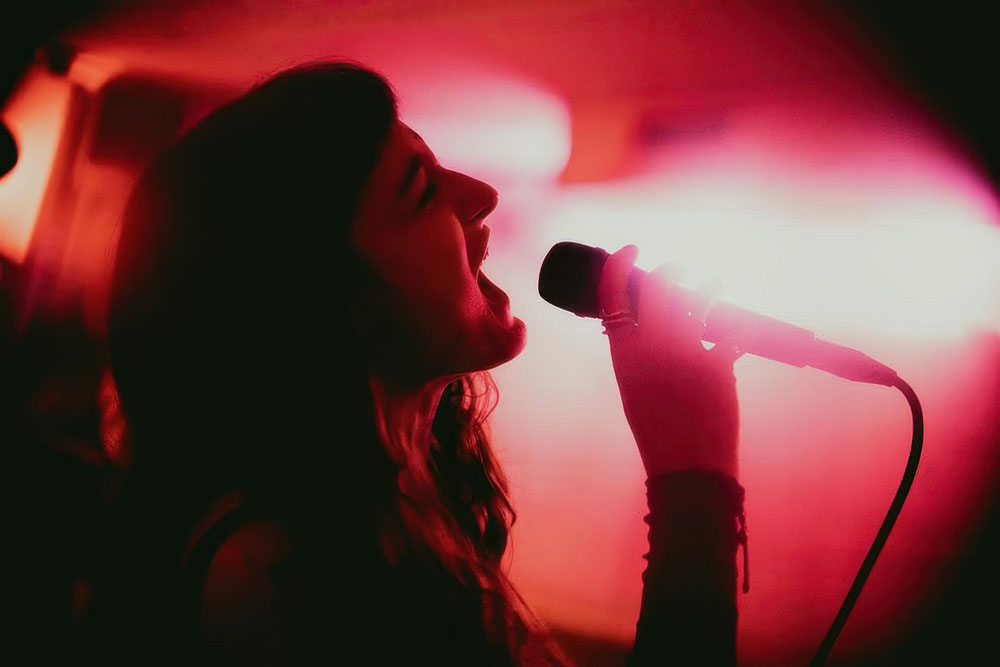
Daniel: As a dedicated multi-instrumentalist, I have an innate understanding of how the entire musical ensemble fits together. I often think about what the bassist needs the drummer to play, and what I as the drummer need the bassist to play.
That said, almost every groove I concoct, I do so under at least some thematic instruction from Sienna. She’ll point to a style or a feeling and I try to replicate that with my own spin, and find the appropriate fills and little licks to glue it all together. I’ve been playing for most of my life and studied music at a conservatoire so I have a wide range of influences and techniques to draw from, which gives us the rhythmic ability to shapeshift from genre to genre so seamlessly.
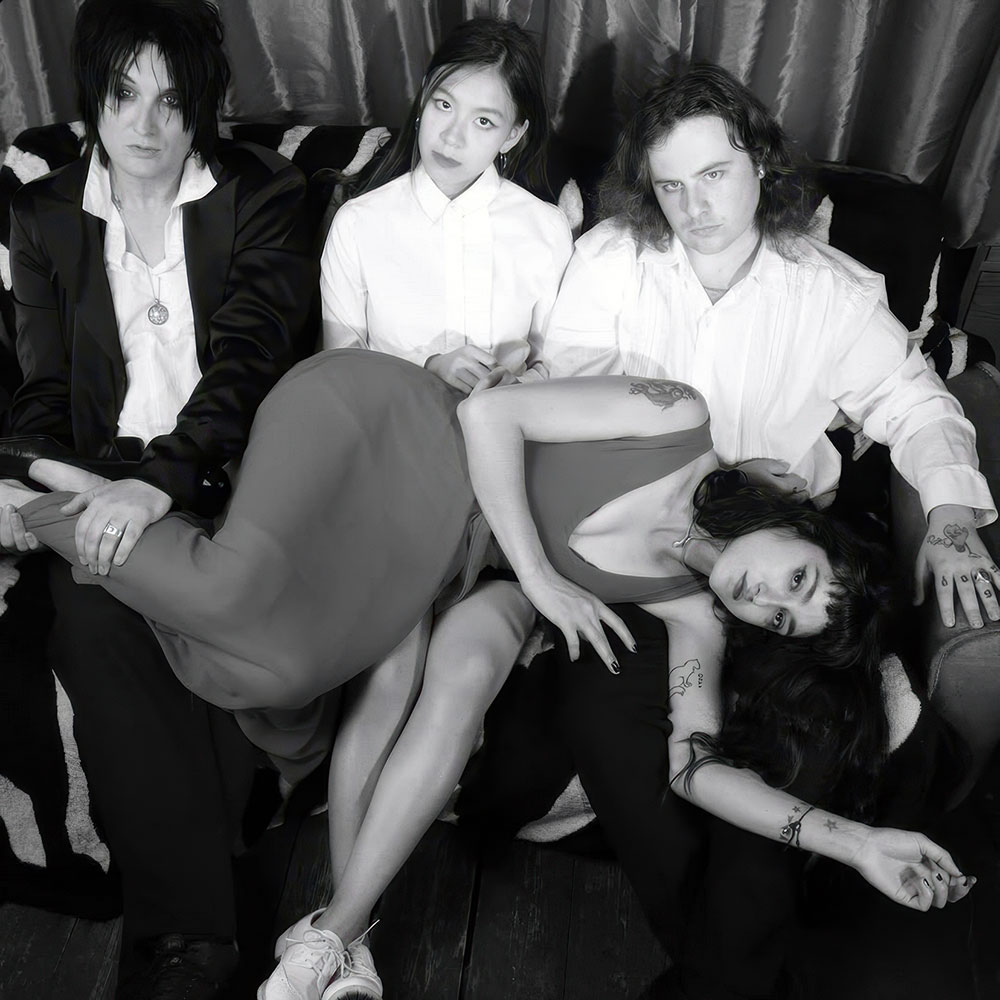
Daniel: When I joined Black Bordello, Sienna had just had a total upheaval with the line-up, and though they had made this incredible first album that blew me away, it was like they were in a transitional period and seemed a little unsure of what the future held.
Since then we’ve seen some difficult moments for sure—we had to self-fund our trip to NYC’s New Colossus Festival, getting there with practically no instruments (problem solved BIG thanks to Anna Kunz of Torture and the Desert Spiders) and no money for accommodation (problem solved BIG BIG thanks to Monica and Lorena Shiwbalak).
We had a Northern tour of the UK curtailed due to a haemorrhage on Sienna’s vocal cords! That was particularly devastating… but we always find a way to come out the other side and keep writing and performing.
I think my favourite thing we ever did was Rotterdam’s Left of the Dial festival—the people were so friendly and we really loved the experience. But in terms of achievement, I think the music ultimately speaks for itself. I know how hard Sie worked on White Bardo and I know how much investment and belief it took to make, and I think that always pays off in the songs.
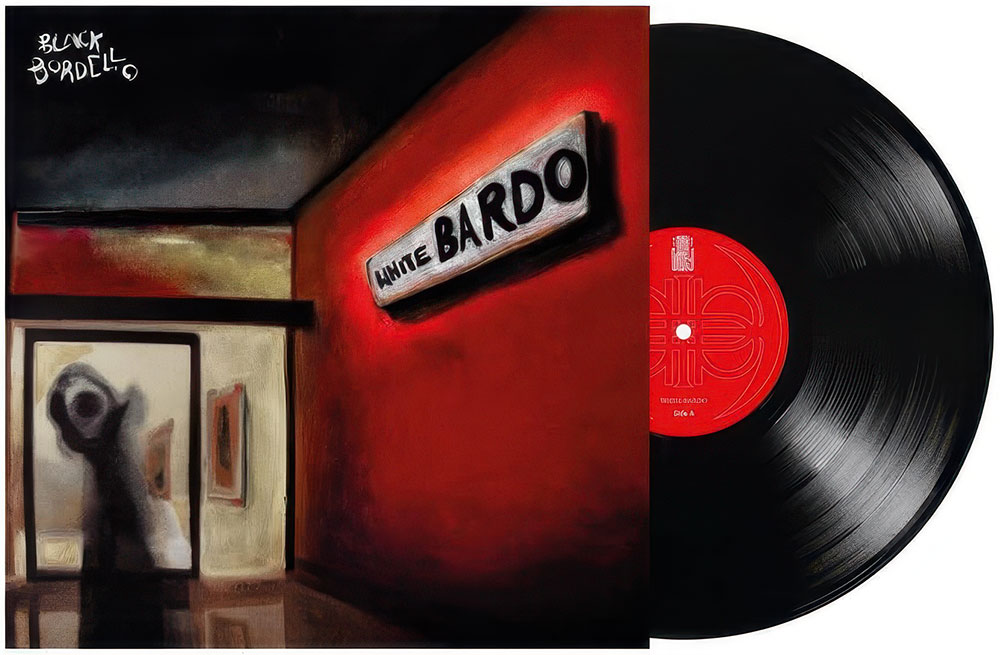
Sienna: I began thinking about the Bardo during lockdown. I struggle with depression and anxiety and have tried various things—antidepressants, therapy, etc. During lockdown I decided I needed a solution and discovered Transcendental Meditation after I watched an interview with David Lynch (rest in eternal power) describing it. Since then, I meditate twice a day for 20 minutes and in this way I connect with a liminal but more truthful side of myself.
I was always drawn to the concept of the Bardo as it has been depicted in film and books. I started hearing ideas for this album when reading The Last Museum by Brion Gysin, whereby someone enters a hotel of lost souls between worlds. After being involved with TM and The David Lynch Foundation for years they sponsored me to go to India to meditate in an ashram, which was an amazing experience.
That trip taught me that the physical world isn’t just physical or mundane—there’s so much more, but we don’t have the senses to fully perceive it. "Bardo" could be the space between life and death, but it’s also the space between one thought and the next. It could also be a spot between wakefulness and dreaming. What we perceive as reality is just one timeline; there are other layers of reality happening simultaneously, and I’m only interested in wandering in from door to door. Like a cold caller selling tea towels!
It all feels pretentious when an independent musician from Peckham aligns their album with concepts of interdimensionality, but it’s just the way my brain works. I’m not interested in just writing music about myself, or the boy I fancy. Those themes were a starting point for the album, but I feel it really just scratches the surface.
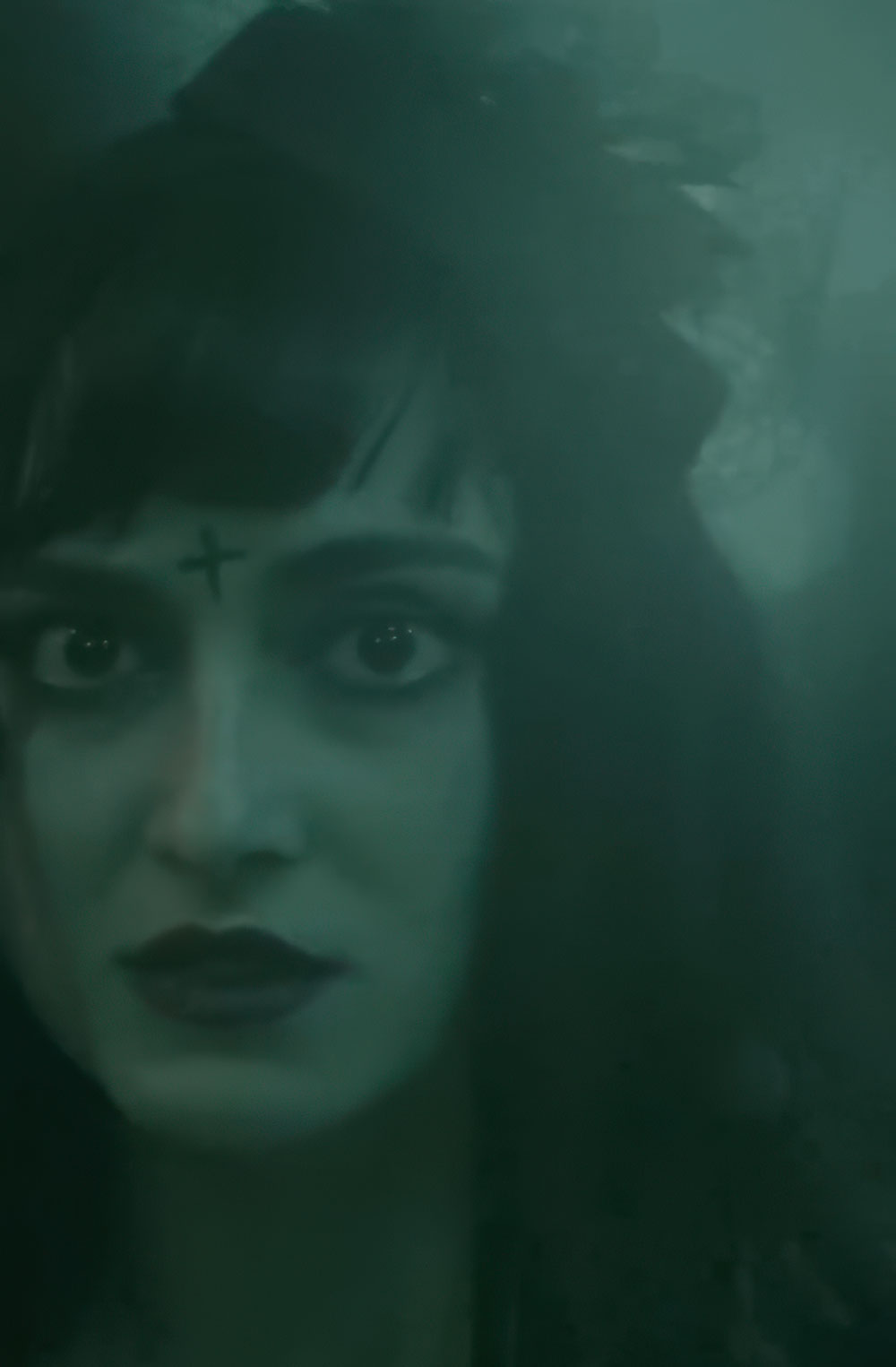
Daniel: The work of Stanley Kubrick and David Lynch has certainly informed my perspective on some of the emotional themes and aesthetic scenes we delve into. In our music videos, this is most apparent, but in the songs themselves too you can hear how much our love of surrealism influences our musical choices.
In terms of authors, the first song that I ever heard Sienna play was probably ‘Prufrock’, so named after the TS Eliot poem—there’s an abundance of themes from his poems or those of Emily Dickinson that appear in Bordello’s music. Since taking a deeper dive into the lyrics of all the material, I’ve found literary references galore, even from old mythology (‘Weaning’, featuring Orpheus and Eurydice), but when Sienna writes using mythology, she modernises anachronisms and recontextualises them in a quite brilliant and strikingly ‘London’ way.
Jerome: Film if anything has been more of an influence on my guitar playing than anything else. Hitchcock, Kenneth Anger, Maya Derren, Richard Stanley’s “Secret Glory,” and obviously Lynch’s works. I have steered away from traditional guitar playing trying to evoke a response by adding harmonic swells and melodies that have a more cinematic quality.
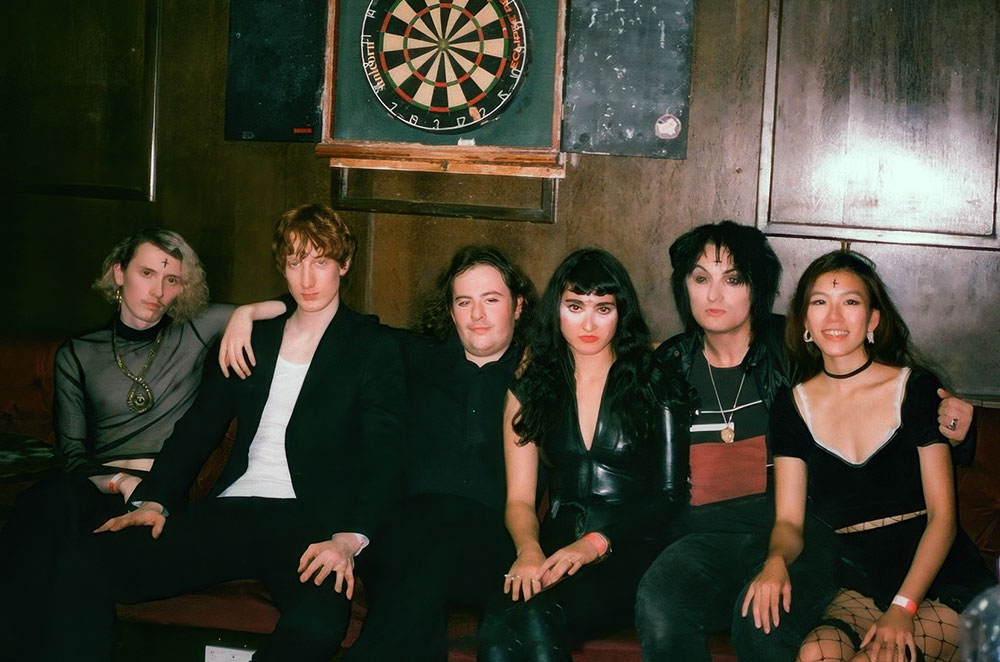
Daniel: Our time in New York was thrilling (if stressful occasionally), and we had 3 awesome gigs as well as an amazing trip all round. We felt immensely well-received, especially with the notion in mind that almost none of our audience members had likely ever heard us before, and the unpredictable nature of having a new bass player join us for those gigs (thanks Alisdair you smashed it!! x).
We’d love to come back for sure, but I think it’s difficult to overestimate the organisational and financial pressures that come with such a trip as an independent artist. We applied for funding this year, and even though we didn’t get it, we committed to the leap of faith anyway, because it was too cool an opportunity to pass up. In future we will definitely return, but hopefully with a little bit more financial backing and organisational support.
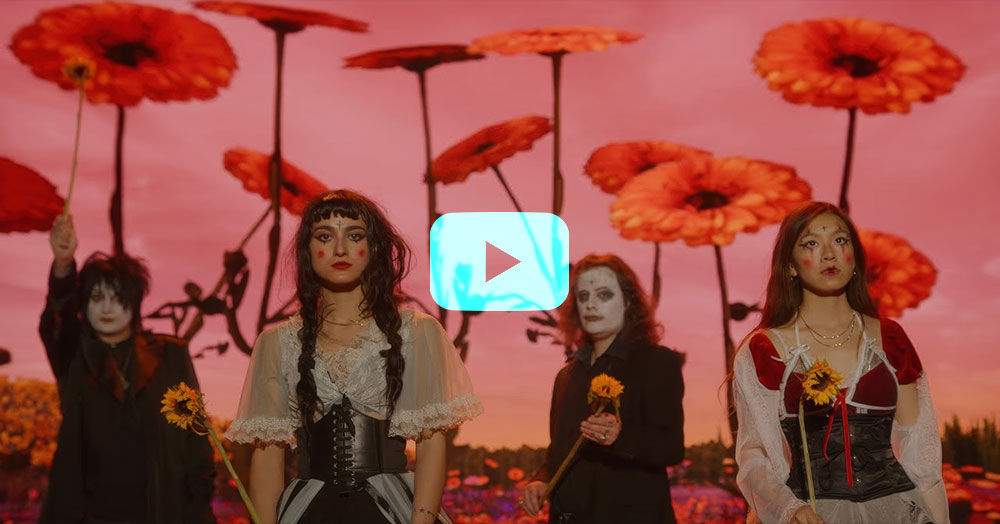
Sienna: The painting by Hieronymous Bosch is one of the best I’ve ever seen. I saw it in the Prado when visiting my best friend in Madrid. It is a triptych with heaven, hell and purgatory. Hell is people burning in fiery pits of pain and being devoured by beasts. Purgatory is a lot of strange surreal creatures, strange sex positions and what looks like 15th century watersports. Heaven just looks sparse, peaceful and, well, dull.
I, like many women, experienced an abusive relationship, and found the entrapment of this situation a bit like as if I were trapped in this triptych and I had no option but intense extremes, all as bizarre as each other. Lots of people find that abusers will weave a tapestry of lies in order to keep the recipient of their abuse captive in their delusions, thus furthering their ability to abuse.
Luckily for me, I managed to escape this situation eventually, but I wrote this song in the midst of it. The music video got quite a few hits and sparked people’s attention because of its sheer weirdness. We worked with the wonderful Stu Graham and Carlotta, who were just about mad enough to agree to do some of our ideas and brilliant enough to logistically make them happen.
It depicts an Alice in Wonderland style world where characters are stuck in a dreamlike reality on a chessboard. I am being pulled left to right with ropes. The video switches from a Victorian style domestic damsel in distress to manic Alice character in the dream world. It spirals into country scenes of being chased and eventually chasing away my demons. There is even a scene where I am being hung by my feet from a tree.
Though this seems dark, it resonates with the Tarot card The Hanged Man, which to me represents seeing a bad situation from the other way around and transforming it into something liberating. The whole process made something which started out very dark into a fun and surreal artistic experience. I’m grateful if it’s also meaningful to other people, for whatever reason!
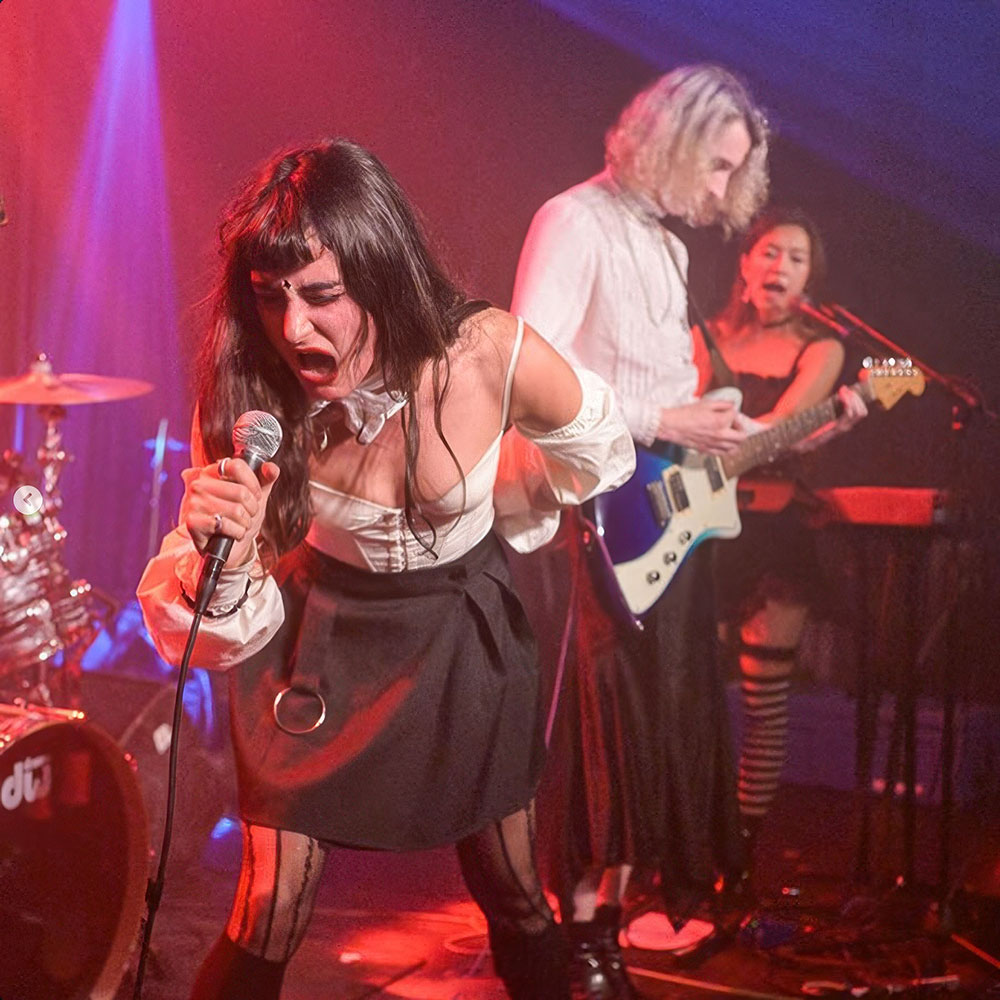
Daniel: For me, ‘Nunhead’ is an essential and defining track—it’s named after the cemetery round the corner from where we live in Peckham. It’s an ironically mournful and delightfully defiant song, one that simultaneously lays flowers on a grave and urinates on a statue. It’s one of my personal favourites because it is so intrinsically linked with this place I grew up in, but it also sums up, in a tongue-in-cheek way, how I feel about the cycle of life and death: not all that sad, just really fucking bored.
Both that and ‘Spectre Man’ were written well before I joined, but that too is a great place to start—sultry, gothic, emotive, bone-chilling at points. It brings in more of the 50’s jazz-club vibe than ‘Nunhead’, and I think if I was trying to introduce Bordello to someone new in 3 songs, I’d want to cover as much of the sonic ground as possible.
Lastly I would say ‘Acid Mary’, as a floor-filling grungy anthem. In that song I think we condensed Jerome’s guitar tone to the essence of what it should be, meanwhile this wild, stomping bass groove that Sienna came up with glues it all together. She sings of a siren attack in a smoke-filled gentleman’s club—and it doesn’t really get more Black Bordello than that. A music video detailing the scenes that follow is in the production stage, so you’ll soon see what I mean!
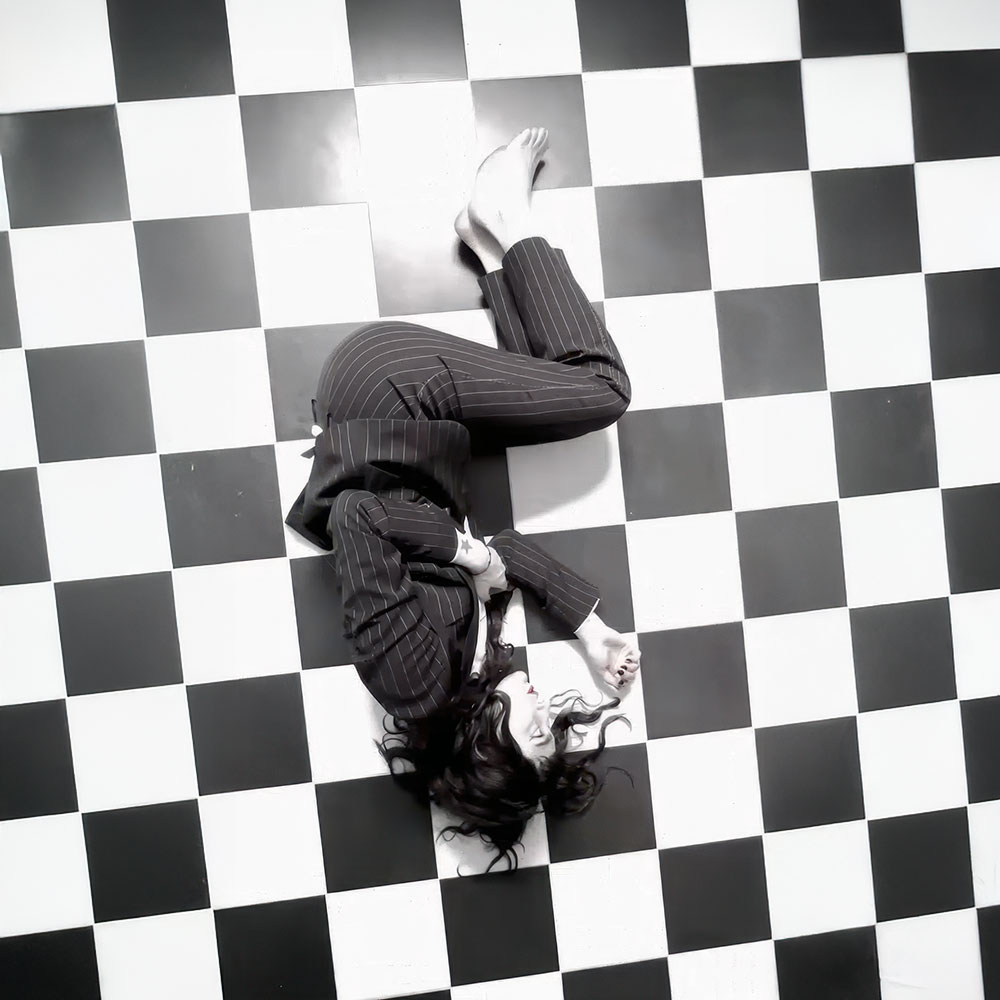
Daniel: In May, we have a litany of UK dates, including a short 3-day tour outside London. We’re super excited to get our music heard across more of the country, with the help of our lovely booking agent Dana.
Later in the year we have a couple of festival opportunities in the works (that are currently being kept under wraps so shhhh), as well as a hugely exciting collaboration with record producer Balazs Altsach (whose credits include Ugly, Skydaddy, Sharon Van Etten).
We have been writing our new material with a more technologically advanced direction in the studio this time around—so it’ll still be our uniquely zany brand of emotionally resonant, literary songwriting, but it might have some more industrial and trip-hop elements flying around. I can’t wait to get recording this!
